FOR IMMEDIATE RELEASE
Toronto, May 13, 2024—The Editors’ Association of Canada (Editors Canada) has announced the finalists for the 2024 Tom Fairley Award for Editorial Excellence.
The Tom Fairley Award is presented annually by Editors Canada to an exceptional editor who played an important role in the success of a project completed in English or French.
The $2,000 grand prize will be presented at the awards banquet of the Editors Canada conference in Vancouver, British Columbia, on June 22, 2024. Editors Canada is also pleased to announce that the other two finalists will each receive a cash prize of $500 in recognition of their exceptional editorial performance. The cash awards are made possible by Editors Canada and its generous donors.
SHORT LIST
Paula Ayer (Vancouver, British Columbia)
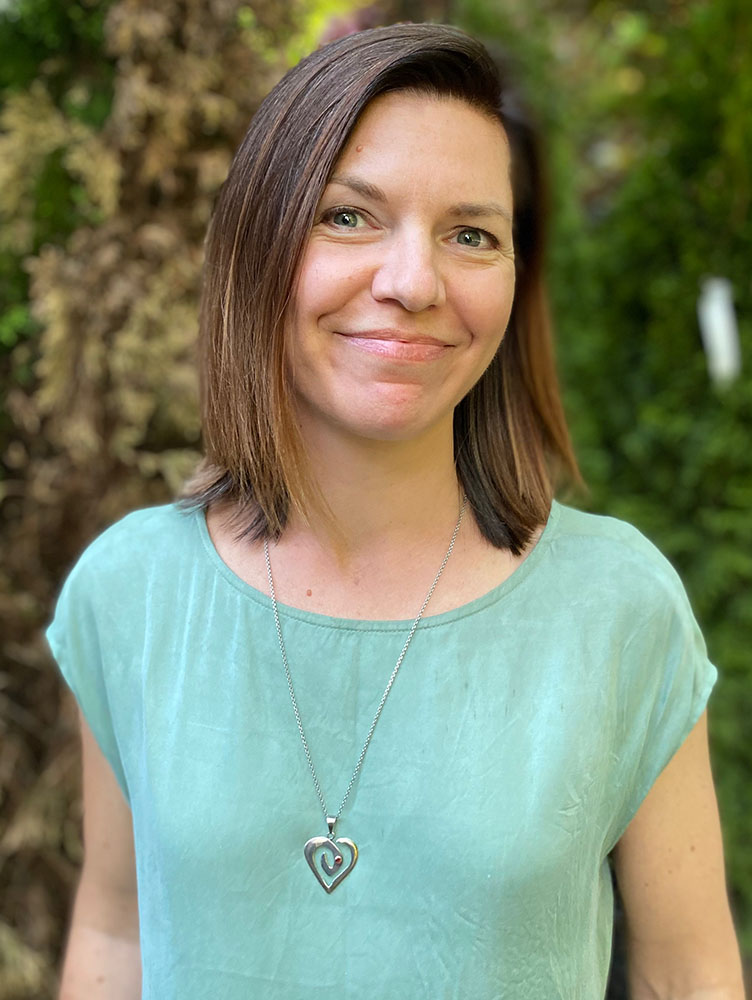
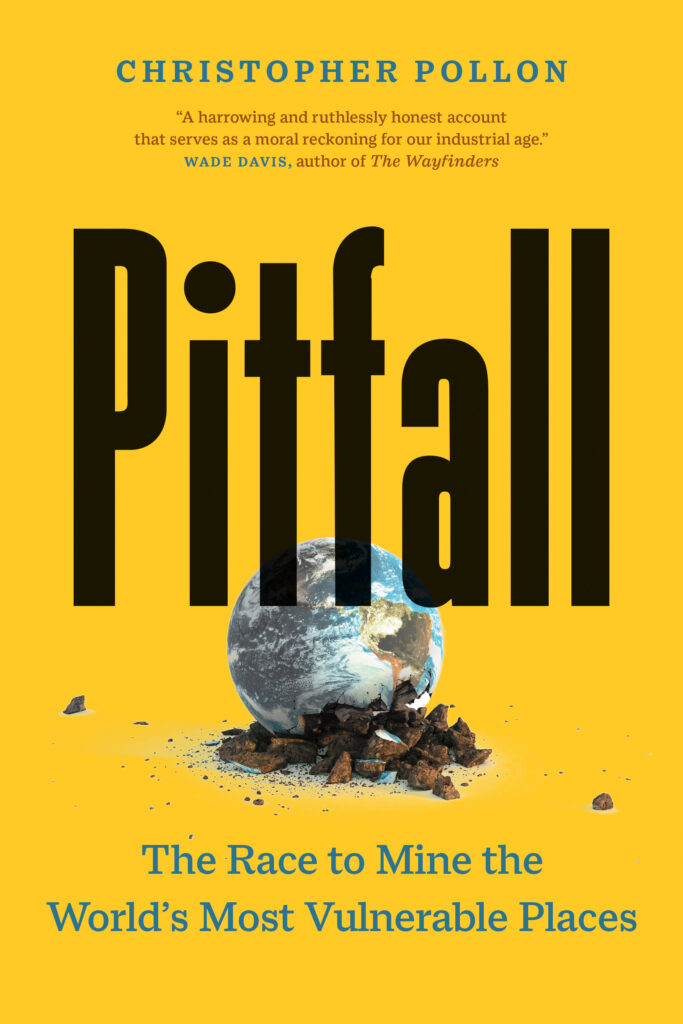
Pitfall: The Race to Mine the World’s Most Vulnerable Places
by Christopher Pollon
(Greystone Books)
As societies make the necessary move away from fossil fuels, demand for metals has grown. Paula Ayer knew the time was right to examine the environmental and social costs of mining. And she knew journalist Christopher Pollon could deliver Pitfall: The Race to Mine the World’s Most Vulnerable Places, a book that illuminates an industry often hidden from view in wealthy countries. Pitfall synthesizes information from interviews, mine site visits, NGO and corporate reports, legal documents, and academic and technical literature.
Ayer’s careful editing was instrumental in developing a readable, fast-moving work of non-fiction. The project required extensive sourcing and fact-checking by Ayer, not only for basic accuracy, but also to protect against accusations of libel while maintaining the author’s powerful critique. She skillfully and compassionately provided the author with reassurance, support, and exceptional editing amid stressful and changing considerations.
Margo LaPierre (Ottawa, Ontario)
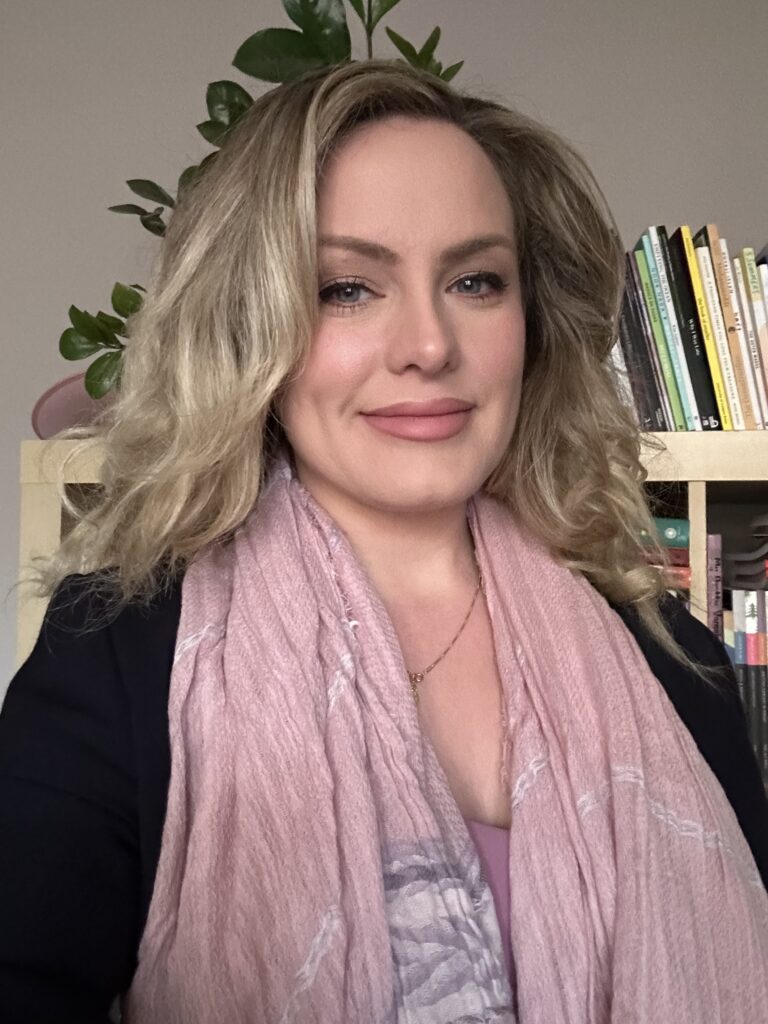
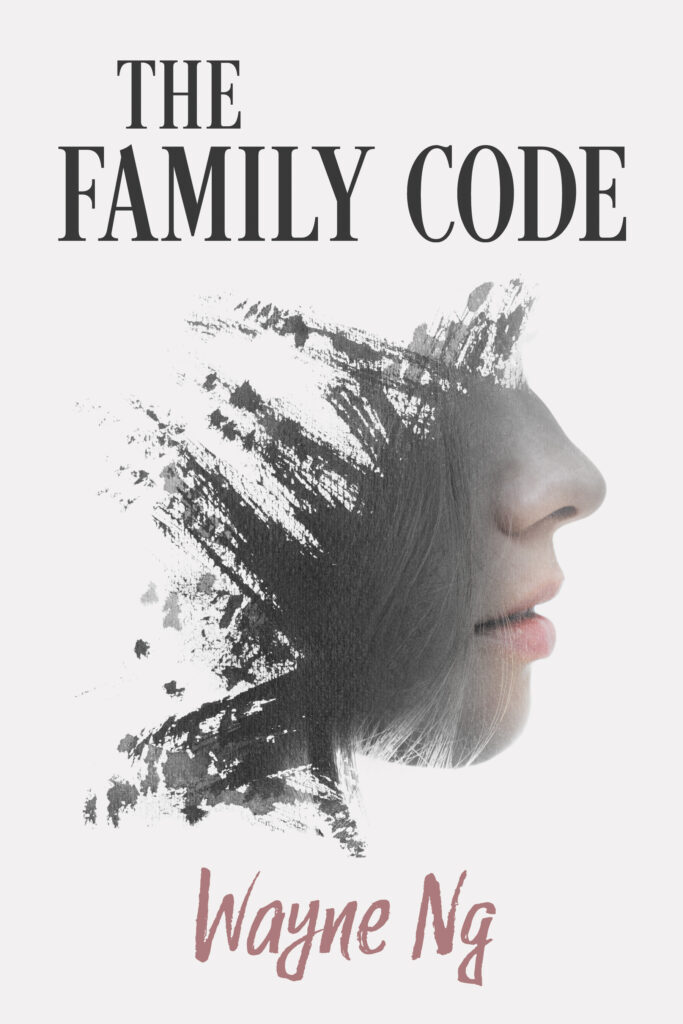
The Family Code
by Wayne Ng
(Guernica Editions)
Margo LaPierre (she/her) approached editing Wayne Ng’s novel, The Family Code, with all the skill and empathy an editor can muster. This novel is based on the author’s experiences as a social worker, and as such covered difficult aspects of trauma and violence, including an unlikeable protagonist for whom the author wanted to elicit empathy.
LaPierre’s editorial challenges included increasing the power of “show” over “tell,” which involved cutting a third of the manuscript and entirely changing the point of view to first-person, admitting these were two of the most “punishing demands” an editor can make on an author. LaPierre brought editorial panache and her own hard-won, lived experience to the project. Through compassionate enthusiasm for the manuscript, she earned the author’s trust in their relationship while producing a stronger final novel.
Claire Lubell (Montreal, Quebec)
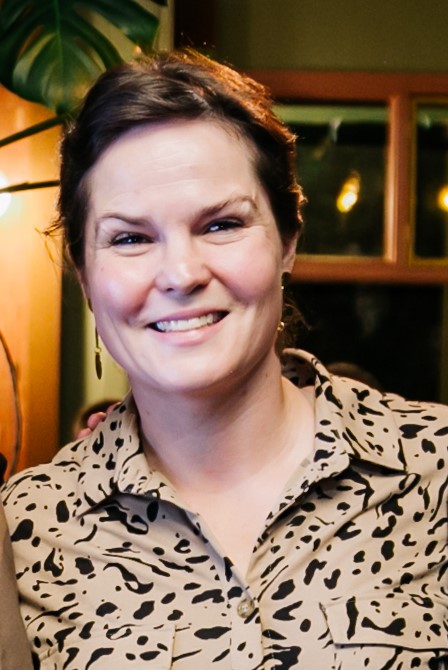
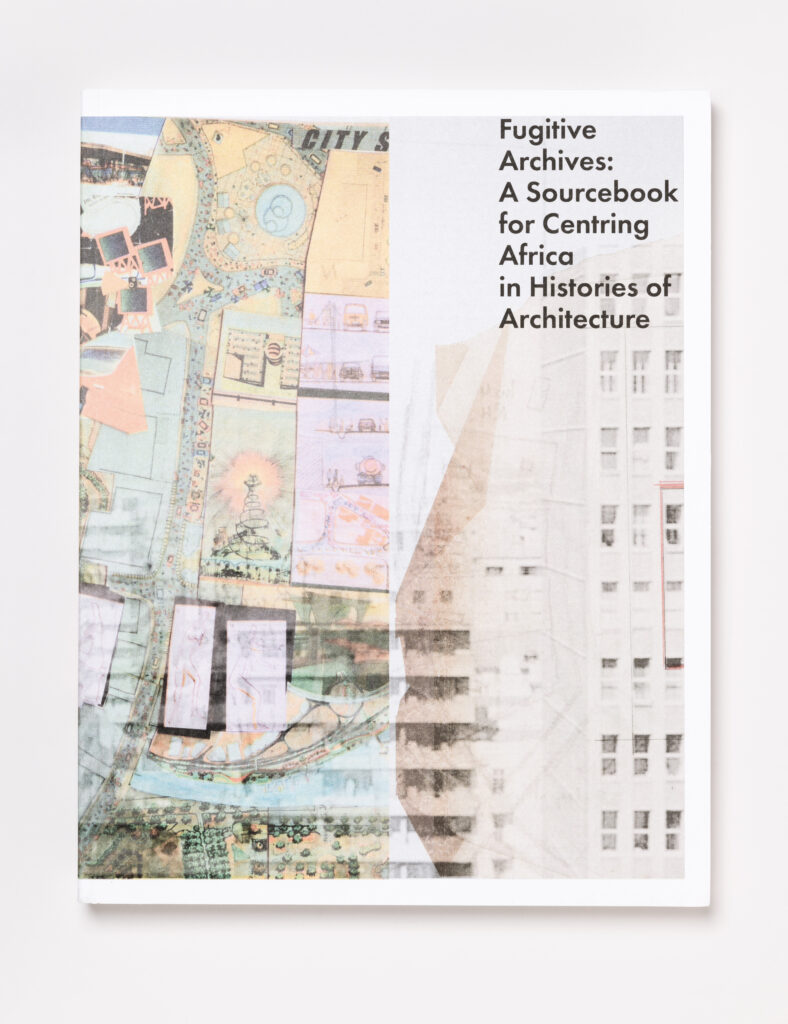
Fugitive Archives: A Sourcebook for Centring Africa in Histories of Architecture
by Rachel Lee, Warebi Gabriel Brisibe, et al.
(Canadian Centre for Architecture/Jap Sam Books)
It’s easy to see why Claire Lubell (she/her), speaking of her work as the primary co-editor of Fugitive Archives: A Sourcebook for Centring Africa in Histories of Architecture, stated, “I doubt I will experience a more challenging and enriching experience as an editor.” This book’s creation demanded she embrace a huge range of editorial tasks, as well as the complexities inherent in a project involving 10 contributing researchers who were from diverse backgrounds and scattered around the globe.
Working through the unforeseen, substantial challenges of the COVID-19 pandemic and the death of a contributor, Lubell was a driving force behind the book. Raw materials for editing included audio files and transcripts of oral histories from and interviews with African community Elders and Western European architects, as well as translations of non-English original sources. She also managed image research and secured reproductions, collaborated with the graphic designers, and organized book launches in Montreal, London and Johannesburg.
* * *
The judges for the 2024 Tom Fairley Award are respected Canadian editors.
Fazeela Jiwa is a writer and an acquisitions and development editor at Fernwood Publishing. She received the Tom Fairley Award in 2023.
Dania Sheldon is a freelance editor, writer, researcher and indexer. She holds a doctorate in English Language and Literature from the University of Oxford and has over 25 years of experience editing widely in the humanities and sciences, as well as non-academic fields and genres. As a writer, she was a finalist in two categories of the Next Generation Indie Book Awards for The Book of Lua: Stories and Wisdom from a Little Cat with Mobility Challenges. She has also co-authored three books with acclaimed writer Daniel Friedmann. Dania received the Tom Fairley Award in 2017.
Erin Seatter is an academic editor and award-winning journalist, who loves reading novels with her book club.
– 30 –
About Editors Canada
Additional information about the Tom Fairley Award for Editorial Excellence is available on the Editors Canada website.
Editors Canada began in 1979 as the Freelance Editors’ Association of Canada to promote and maintain high standards of editing. In 1994, the word “Freelance” was dropped to reflect the association’s expanding focus to serve both freelance and in-house editors. As Canada’s only national editorial association, it is the hub for 1,300 members and affiliates, both salaried and freelance, who work in the corporate, technical, government, not-for-profit and publishing sectors. The association’s professional development programs and services include professional certification, an annual conference, seminars, webinars, and networking with other associations. Editors Canada has four regional branches: British Columbia; Toronto; Ottawa–Gatineau; and Quebec, as well as smaller branches (called twigs) in Atlantic Canada, Barrie, Calgary, Edmonton, Hamilton-Halton, Kingston, Kitchener-Waterloo-Guelph and Manitoba.
Media contact
Michelle Ou (she/elle)
Senior Communications Manager
Editors Canada
communications@editors.ca